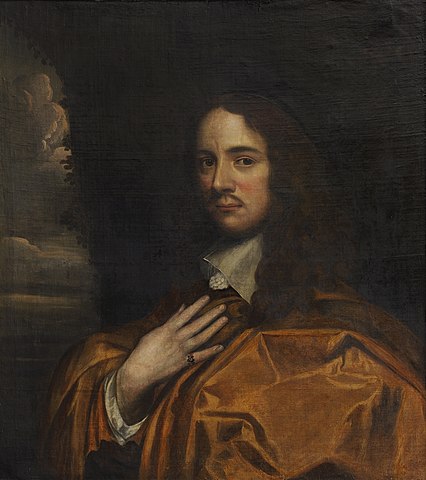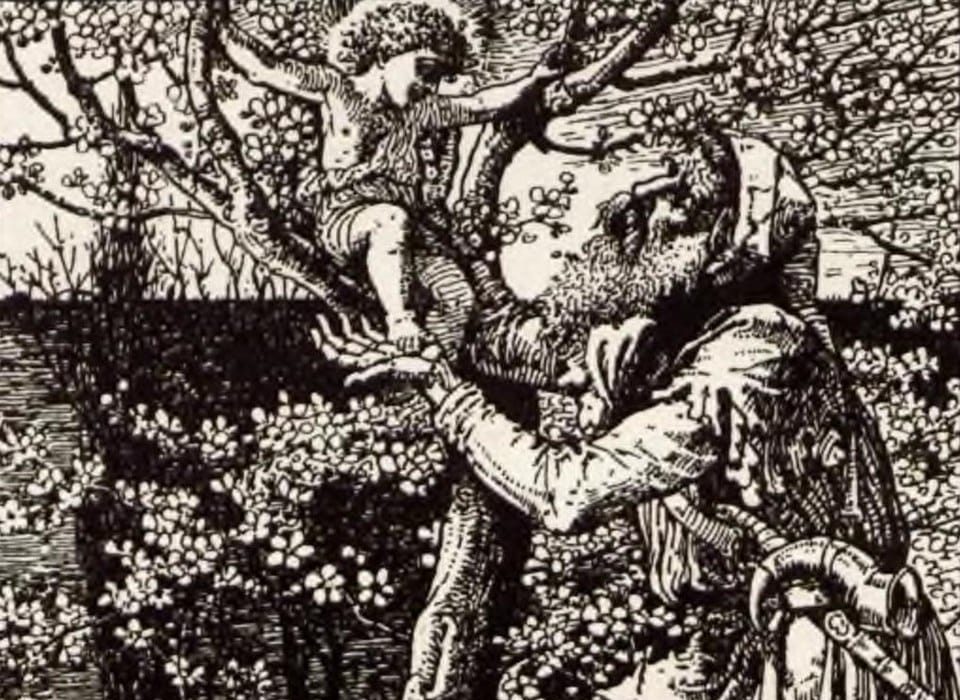In this post, we examine the life and times of Andrew Marvell, the poet and satirist behind the poem “To His Coy Mistress.”. His contributions are numerous, so let’s get right into it!
Who was Andrew Marvell?
Andrew Marvell was a “metaphysical” poet and satirist who wrote “To His Coy Mistress,” somewhere between 1650 and 1652. Marvelll went to Trinity College in Cambridge. He wrote a variety of “political verse satires’ from The Last Instructions to a Painter, to The Rehearsal Transpros’d. Marvell was born March 31, 1621 and died August 18, 1678. His housekeeper eventually saw the publication of the aforementioned piece in 1681.
What is a “Metaphysical Poet,” and what about “To His Coy Mistress”?
As Britannica writes, a “metaphysical poet” is a writer in 17th-century England. Their work “… is a blend of emotion and intellectual ingenuity, characterized by conceit or ‘wit’” (Britannica). The poetry is often a contrast between a few things that pushes the reader into thinking about the poet’s perspective. There are more modern maetphysical poets as well, including H.D.
In other words, the poet is interested in “exploring the recesses of his consciousness.” The metaphysical poets . These poets have a grandiose, sarcastic interpretation of the world, and they paint this picture with satire and wit. In “To His Coy Mistress,” Andrew Marvell is poking fun at the conventions of love. He asserts a sort of carpe diem attitude toward the subject of the poem. The virginal woman who is the focus of Marvell’s lust is object of his affections. As such, Marvell is trying to get her to give into her baser desires rather than waiting another day.
He spends time praising the subject’s body, including “Thine eyes, and on thy forehead gaze” and “each breast.” In addition, he warns her that time marches onward. Therefore, her beauty will fade: “But at my back I always hear / Time’s winged chariot hurrying near.” According to Marvell, she should relent to his wants before she loses her appeal.
Conclusion
In his poem, Marvell wants experience his love’s carnal pleasures before they both get older. The boorish nature of this request is a satirical poke at the chasteness of society (or lack thereof). It is also lampooning the hastiness of love for baser desire. His sentiment certainly critiques courting lovers and how sex is often viewed in society. Similarly, during the time of society, marriage was sacrosanct, therefore lust was frowned upon. One wedded for honor and dignity. In this way, intercourse before marriage was a brutish desire.





Leave a comment